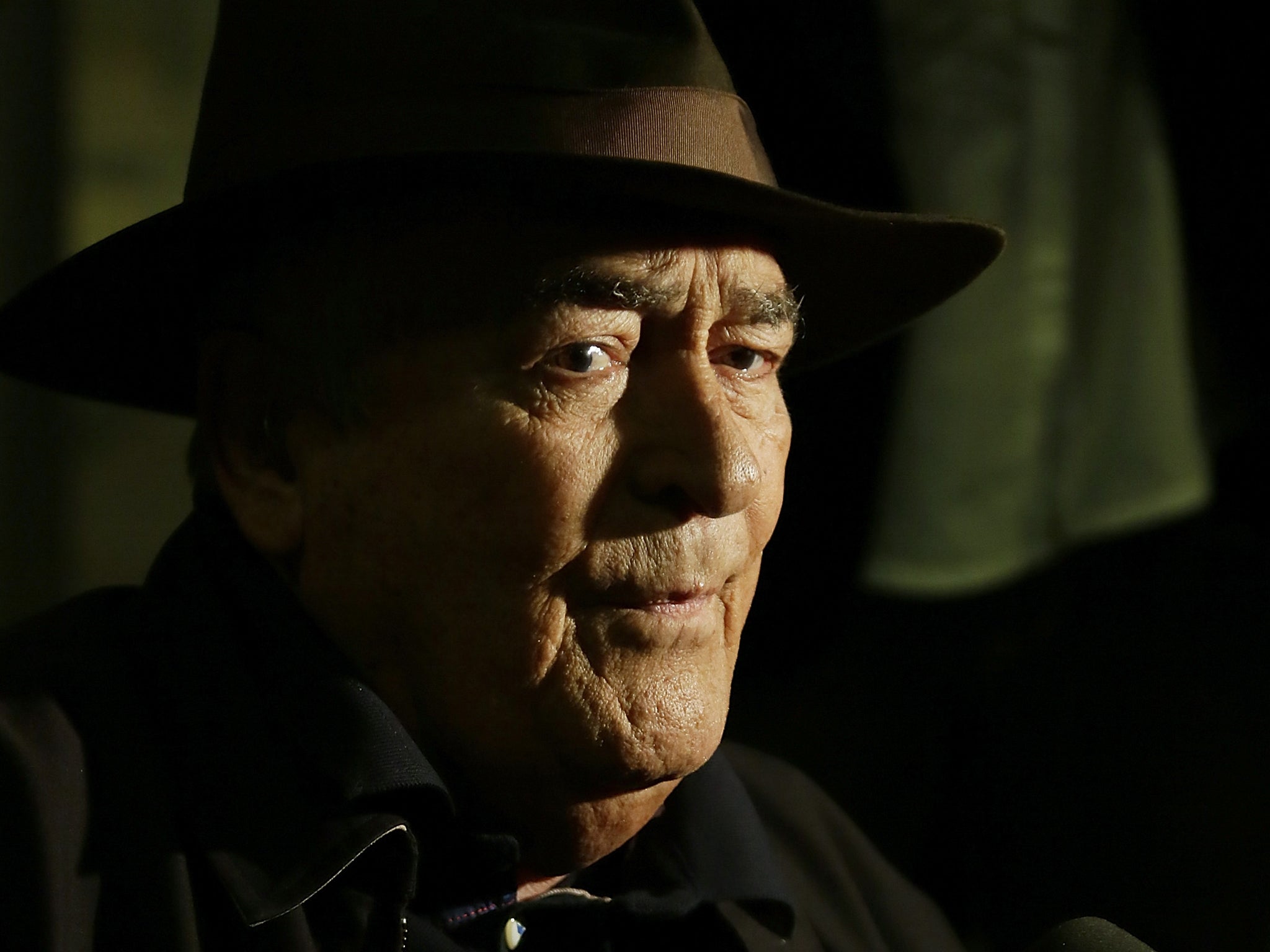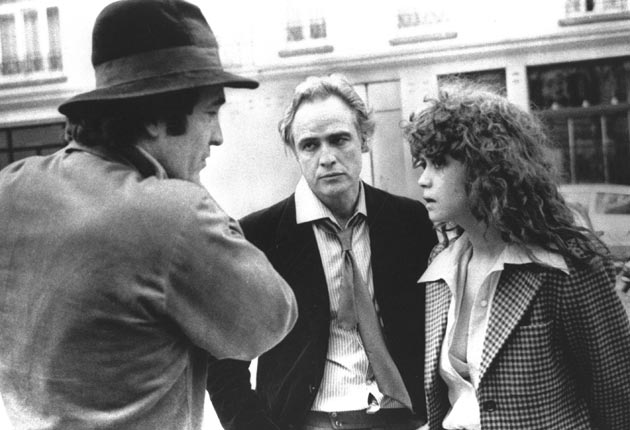Bernardo Bertolucci death: Last Tango in Paris director dies, aged 77
Director was known as the ‘last great maestro’ of Italian cinema

Your support helps us to tell the story
This election is still a dead heat, according to most polls. In a fight with such wafer-thin margins, we need reporters on the ground talking to the people Trump and Harris are courting. Your support allows us to keep sending journalists to the story.
The Independent is trusted by 27 million Americans from across the entire political spectrum every month. Unlike many other quality news outlets, we choose not to lock you out of our reporting and analysis with paywalls. But quality journalism must still be paid for.
Help us keep bring these critical stories to light. Your support makes all the difference.
Bernardo Bertolucci, the Italian director behind films including Last Tango in Paris, The Last Emperor and The Conformist, has died aged 77.
Following reports of his death in Italian media, his publicist Flavia Schiavi confirmed he died at 7am on Monday from cancer. He had used a wheelchair for the past decade after surgery on a herniated disc in 2003 was unsuccessful and rendered him incapable of walking.
Bertolucci was born in Parma, Italy, to a prosperous family – his father was a well-known poet and writer who also worked as a film critic. His friendship with Pier Paolo Pasolini, then a novelist and poet, led to the 20-year-old Bertolucci being hired as Pasolini’s assistant on his 1961 debut Accattone.
The film was Bertolucci’s big break: Pasolini then recommended him for the scriptwriter role on La Commare Secca (The Skinny Gossip), which became his directorial debut in 1962.
During his career, that began in the early Sixties, Bertolucci managed to work in both Europe and Hollywood, despite tumultuous relationships with film studios. He established himself as a key figure of the Italian new wave alongside Antonioni, Fellini and Pasolini, but was an anomaly thanks to his success in America.
His highly visual style and bold camera work influenced generations of filmmakers and often explored politics and sexuality via intensely personal storytelling.
The Last Emperor, an adaptation of the autobiography of China’s last imperial ruler, Pu Yi, was a hit at the 1987 Oscars and won every category in which it had been nominated, with its filmmakers having secured unprecedented permission to film inside Beijing’s Forbidden City.
Bertolucci became the first and only Italian to win the Best Director prize at that year’s Oscars. He worked again with The Last Emperor producer, Jeremy Thomas, to make The Sheltering Sky, Stealing Beauty and The Dreamers.

He caused controversy last year for revealing that crucial details of Last Tango‘s infamous butter rape scene involving Marlon Brando and Maria Schneider were withheld from the young actress until the actual shoot, with the intention to elicit a more outraged reaction from her. Bertolucci admitted he had been horrible to Schneider but denied regretting his actions.
Schneider, meanwhile, said years after making the film that she felt “a little raped, both by Marlon and by Bertolucci”. She said, had she known her rights as an actress, she would have called her agent or lawyer at the time of the incident.
Join our commenting forum
Join thought-provoking conversations, follow other Independent readers and see their replies
Comments